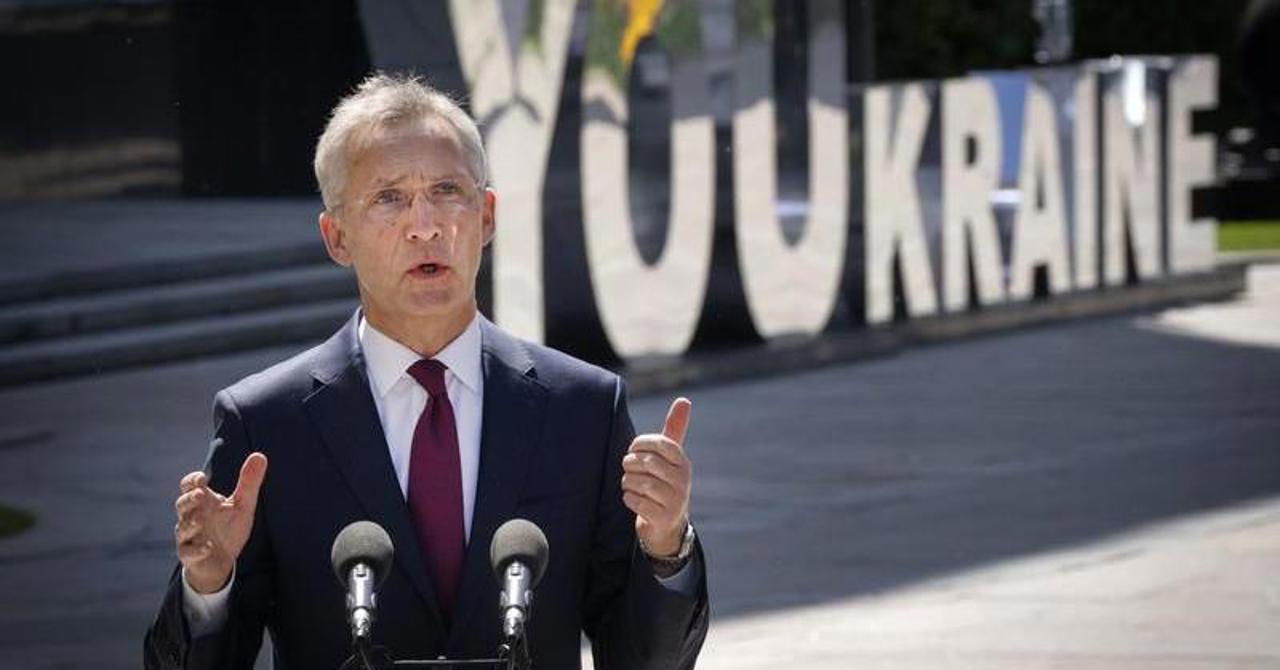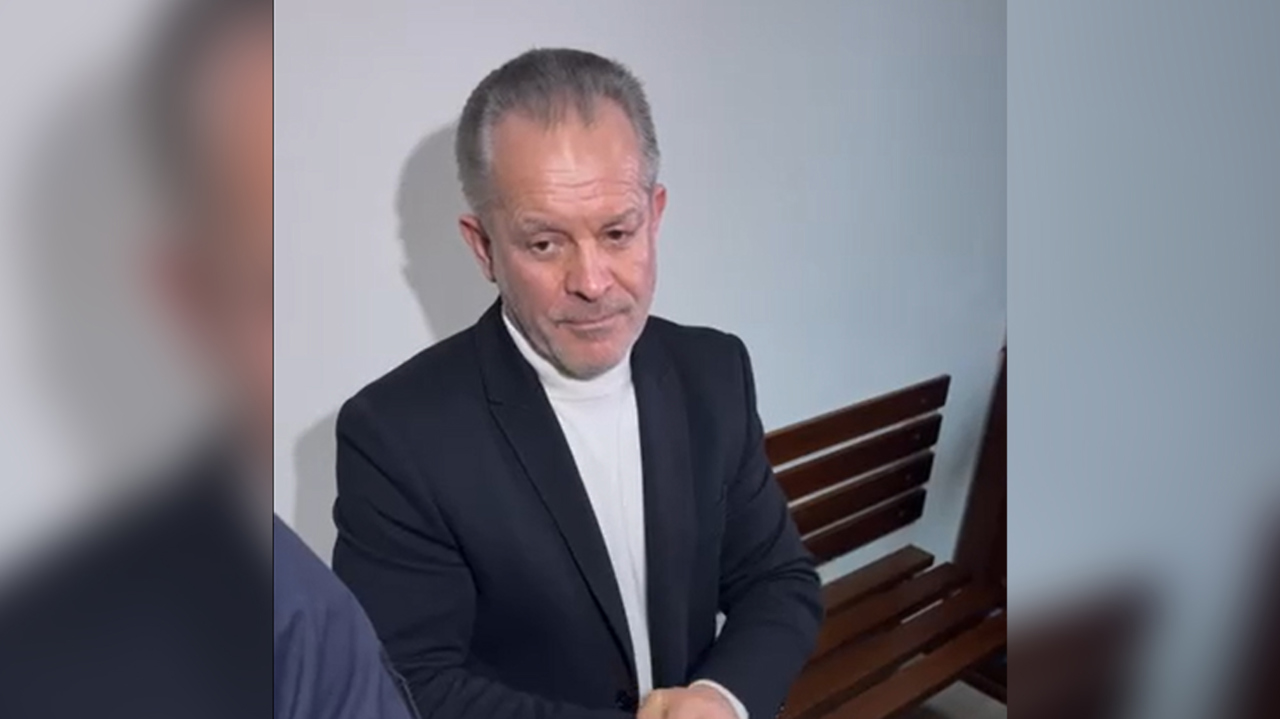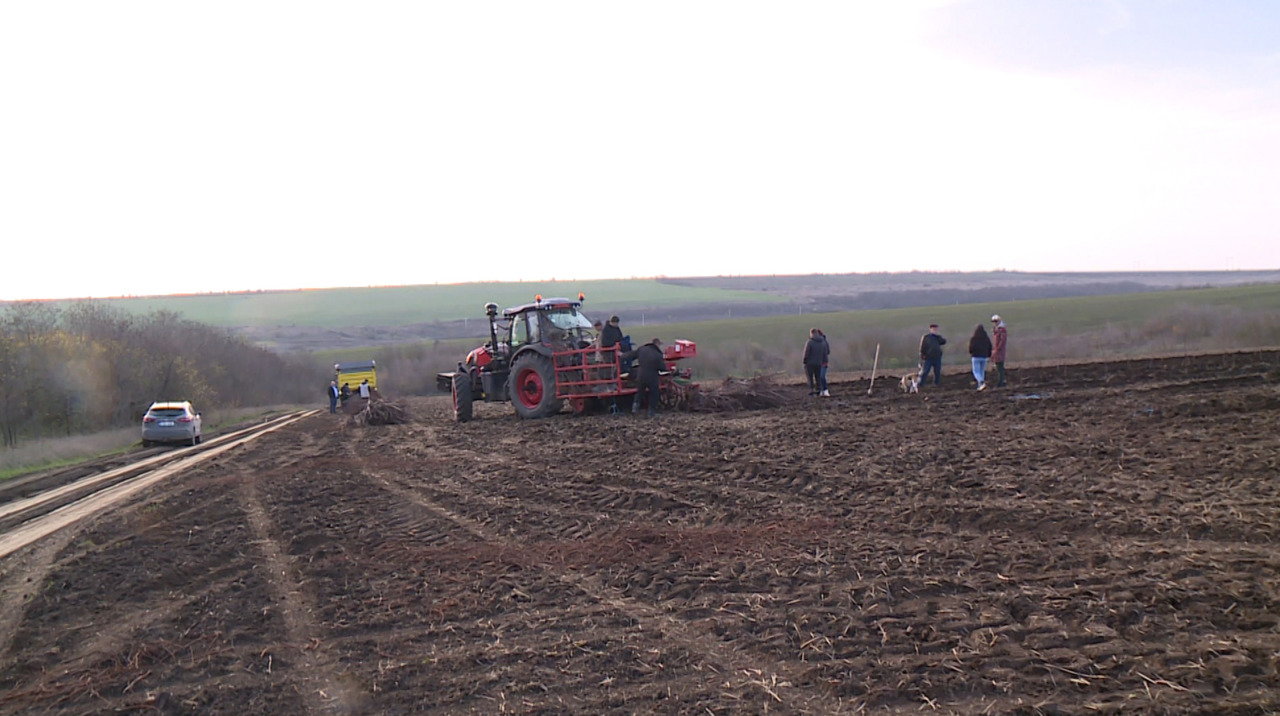NATO Chief Urges Lifting Restrictions on Ukraine's Weapon Use
The Secretary General of NATO, Jens Stoltenberg, insisted on Monday that Western countries must allow Ukraine to use the weapons provided to them so that Kyiv can attack Russian territory to defend itself from Moscow's aggression, reports EFE.

"The time has come to consider lifting some of the existing restrictions. We see that in the Kharkiv area, the frontline and the border are almost in the same place, and Ukraine cannot attack military targets on Russian territory. This means that the Ukrainians' hands are tied. They are attacked from Russian territory and cannot respond because there are restrictions on how they can use the weapons," said Stoltenberg.
The Norwegian politician argues that attacking legitimate military targets on the aggressor's territory is part of self-defence. Additionally, Stoltenberg announced that Russian aggression against Ukraine will be one of the three main topics that NATO countries will discuss at the summit they will organise in July in Washington.
At this meeting, it is necessary to demonstrate that the Alliance is working on defence policies and war prevention, a strategy that requires sufficient forces, Stoltenberg noted.
The Secretary General of NATO said that the delay in sending more military aid to Ukraine had a negative impact on the front and warned that the country will face a very difficult period if it does not receive support for its anti-aircraft defence.
"When we talk about military aid, 99% was offered by the countries of the Alliance, which has allowed the Ukrainians to liberate 50% of the territory that Russia occupied at the beginning of the war. NATO must increase its role in coordinating and planning military assistance for Ukraine, as well as participate in a long-term financial framework to help Kyiv," mentioned the Secretary General of the Alliance.
Stoltenberg considered it good news that the allies plan to invest more in their defence in the context of "a more dangerous world in which NATO has demonstrated that it can change and adapt."
He underlined that 18 out of the 32 NATO members have already planned to allocate at least 2% of GDP for military expenses and expressed his confidence that this number will grow by the July summit.
Translation by Iurie Tataru





